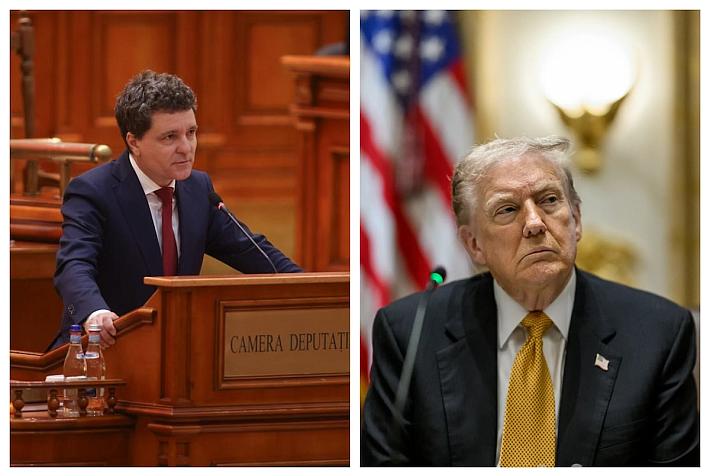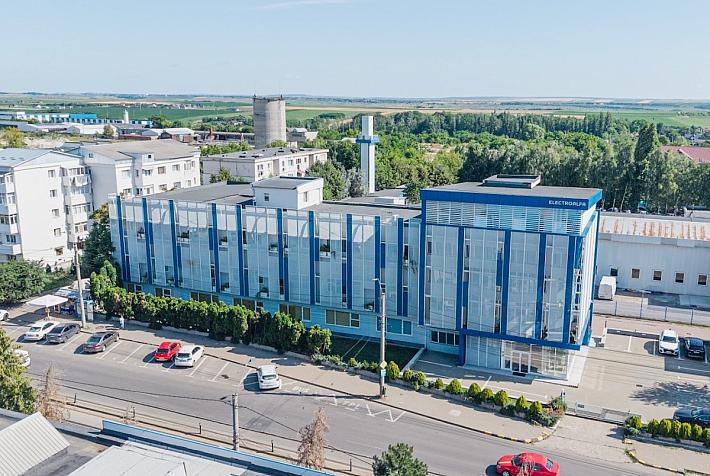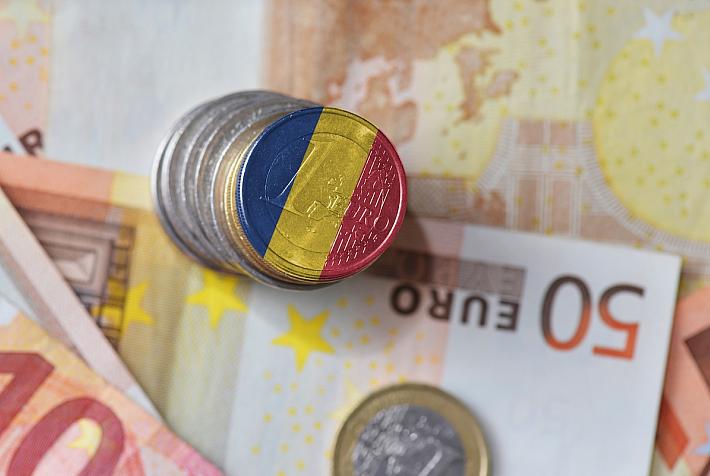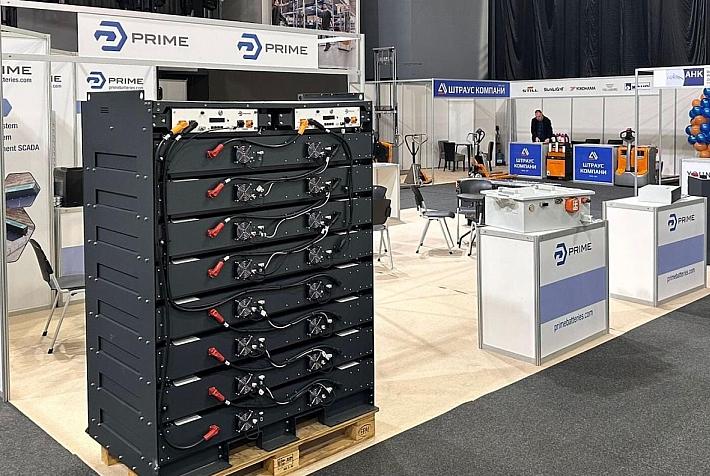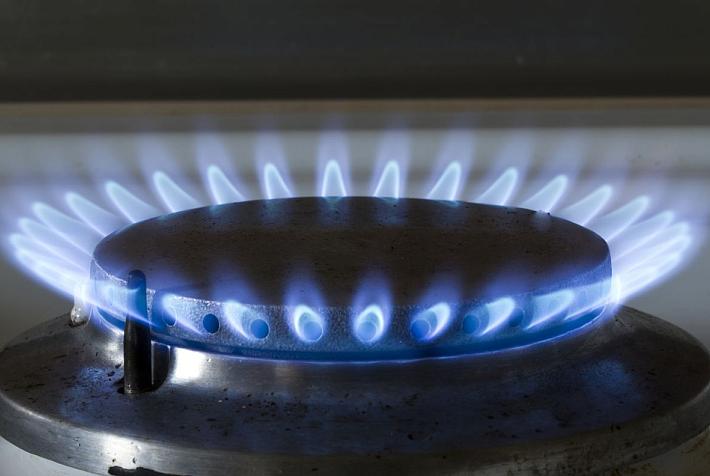AmCham argues against energy subsidies and higher pensions as "not sustainable"

The members of the AmCham association of foreign investors are urging Romanian authorities to come up with a budget planning for 2022, arguing at the same time against a "possible increase in public spending" that would be currently unsustainable and impossible to cover from budget revenues - assumed to remain steady for the sake of fiscal stability and predictability needed by investors.
"The instability, the unpredictability and the measures imposed without a real assessment of the impact on the economy decrease the investment appetite and destabilize the companies present in Romania," argues Ionut Simion, Clients & Markets Leader as well as the Transfer Pricing and Tax Regulatory & Strategy Leader of PwC Romania, also serving as the President of AmCham Romania.
"Mitigating the impact of accelerating inflation, rising prices for energy and other products and services cannot be done through measures that transfer, even temporarily, the burden from one category of taxpayers to another," the AmCham representative argues.
Romania's lawmakers passed a bill that caps the energy prices paid by households and provides subsidies to those households with small consumption while expecting to finance these measures from a special windfall tax levied on the revenues of the energy producers.
Separately, the Social Democratic Party, which will play a central role in the would-be government that is currently under negotiations, has resumed calls for higher pensions and social security benefits, while maintaining its focus on the wage-led growth that it had pursued before 2019.
(Photo: Kittichai Boonpong/ Dreamstime)
andrei@romania-insider.com







